Graham1101
TPF Noob!
- Joined
- May 12, 2015
- Messages
- 7
- Reaction score
- 0
- Can others edit my Photos
- Photos NOT OK to edit
Hi all I am a student and recently got into 35mm photography. it was the cheaper option for me short term and I wanted to upgrade from my bridge camera pretty badly 
Anyway the reason I'm posting this is to pose the question am I better off setting up a digital darkroom I.E a scanner photo editing software and external hard drive or would going with the traditional darkroom be better? I do hope to eventually do both and also get into Digital photography but over what time span I cannot predict :L. I just wanted some advice on which route to go as I am completely new to anything beyond setting in camera settings on my bridge camera!
Thanks in advance
Anyway the reason I'm posting this is to pose the question am I better off setting up a digital darkroom I.E a scanner photo editing software and external hard drive or would going with the traditional darkroom be better? I do hope to eventually do both and also get into Digital photography but over what time span I cannot predict :L. I just wanted some advice on which route to go as I am completely new to anything beyond setting in camera settings on my bridge camera!
Thanks in advance


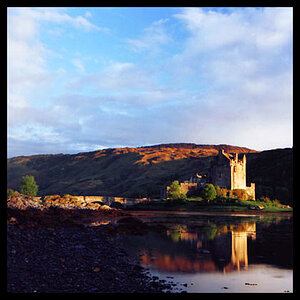
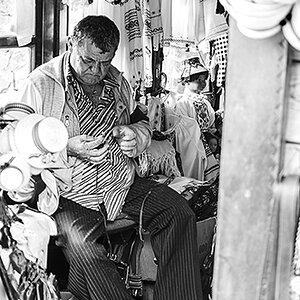
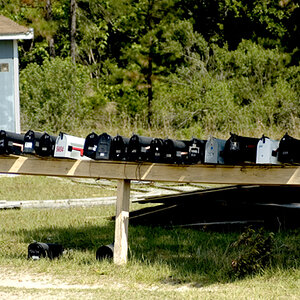
![[No title]](/data/xfmg/thumbnail/30/30995-7e48e5498fe9a56ea3d405cf87f3a1ec.jpg?1619734558)
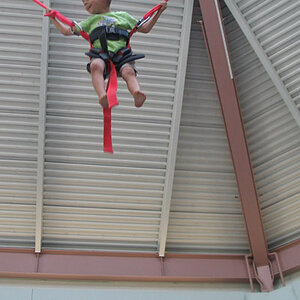
![[No title]](/data/xfmg/thumbnail/37/37129-2b15d9f6bc8d43c2c1247a6c591d14aa.jpg?1619737884)
![[No title]](/data/xfmg/thumbnail/30/30994-49c5521f7b5b417f49dcd43891cbec27.jpg?1619734557)
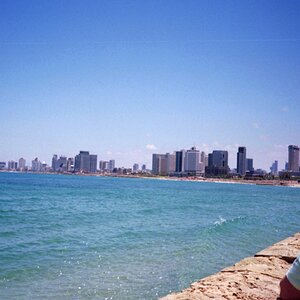
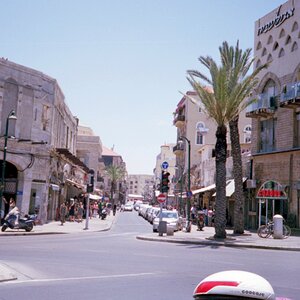
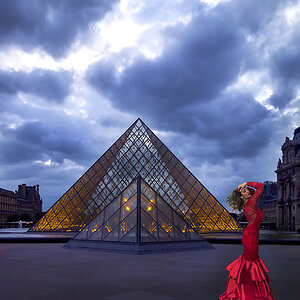
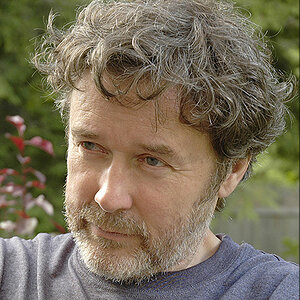
![[No title]](/data/xfmg/thumbnail/31/31016-072880d9bc086c9fe71b9b1ae48603d4.jpg?1619734571)